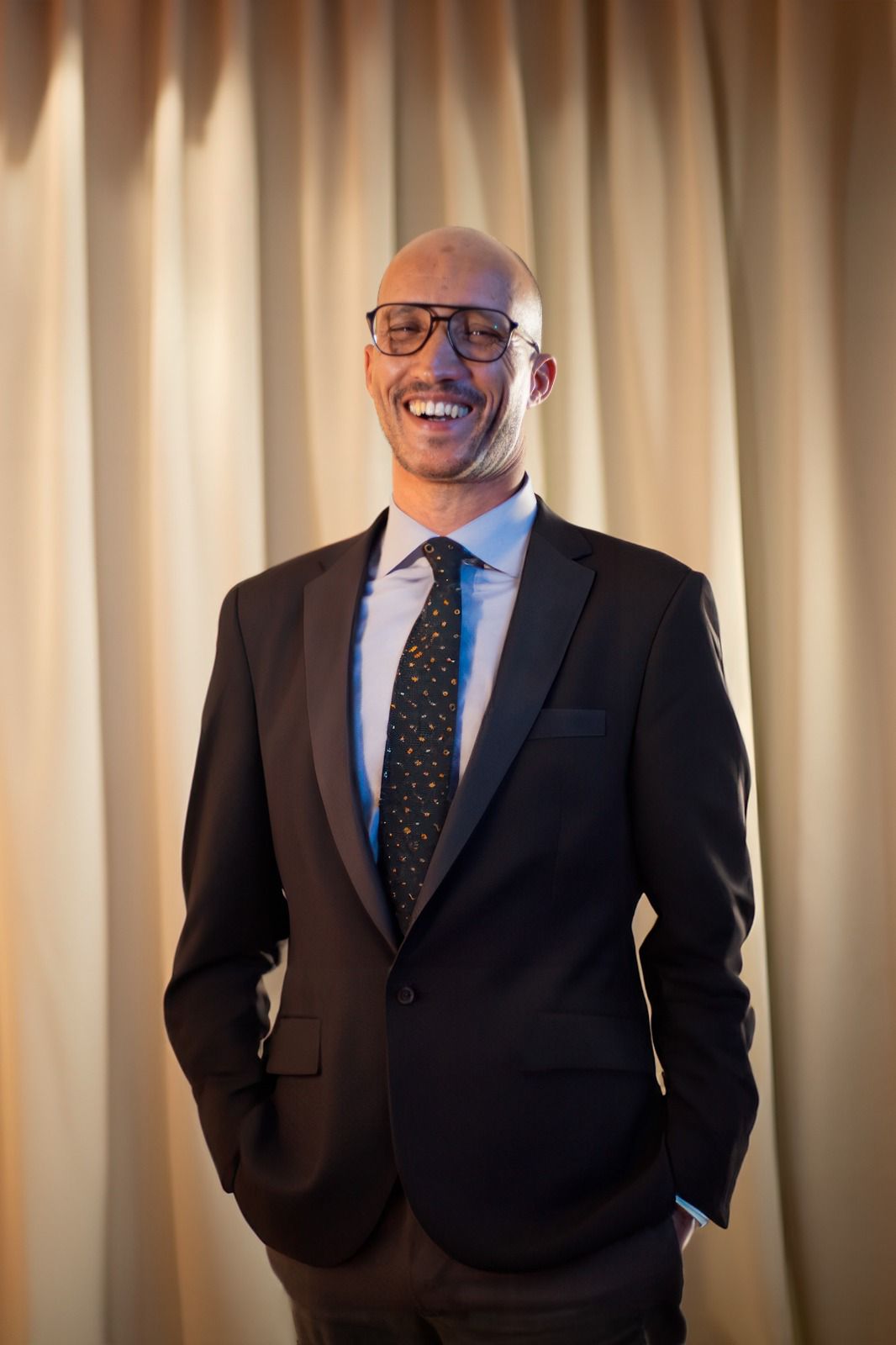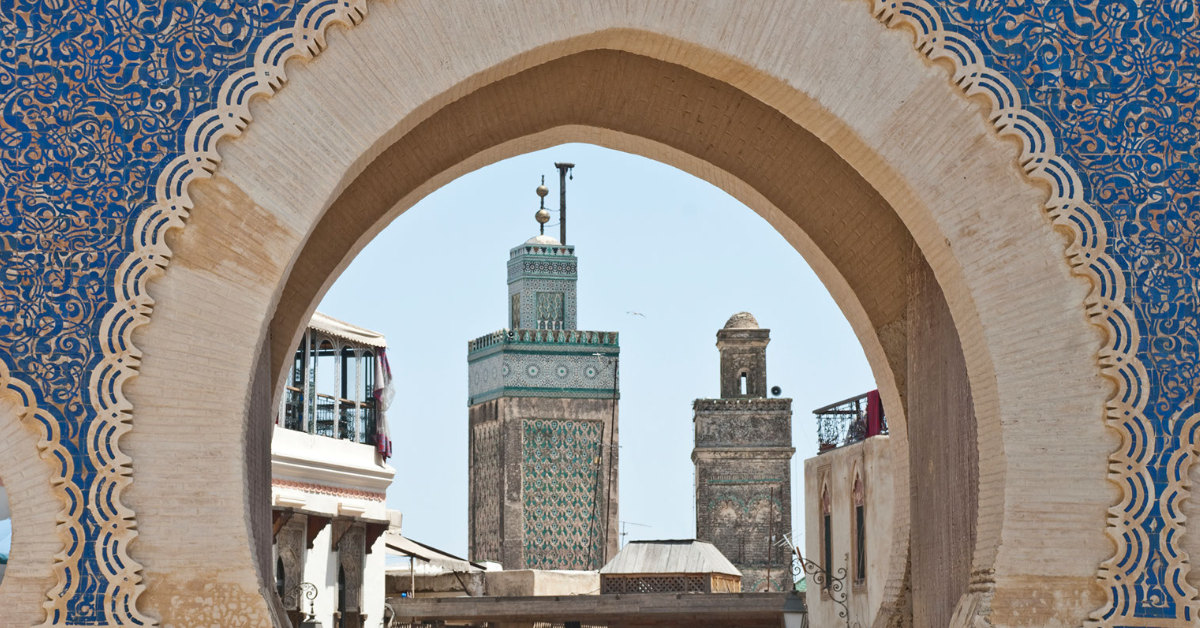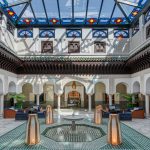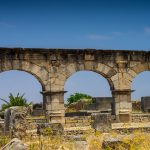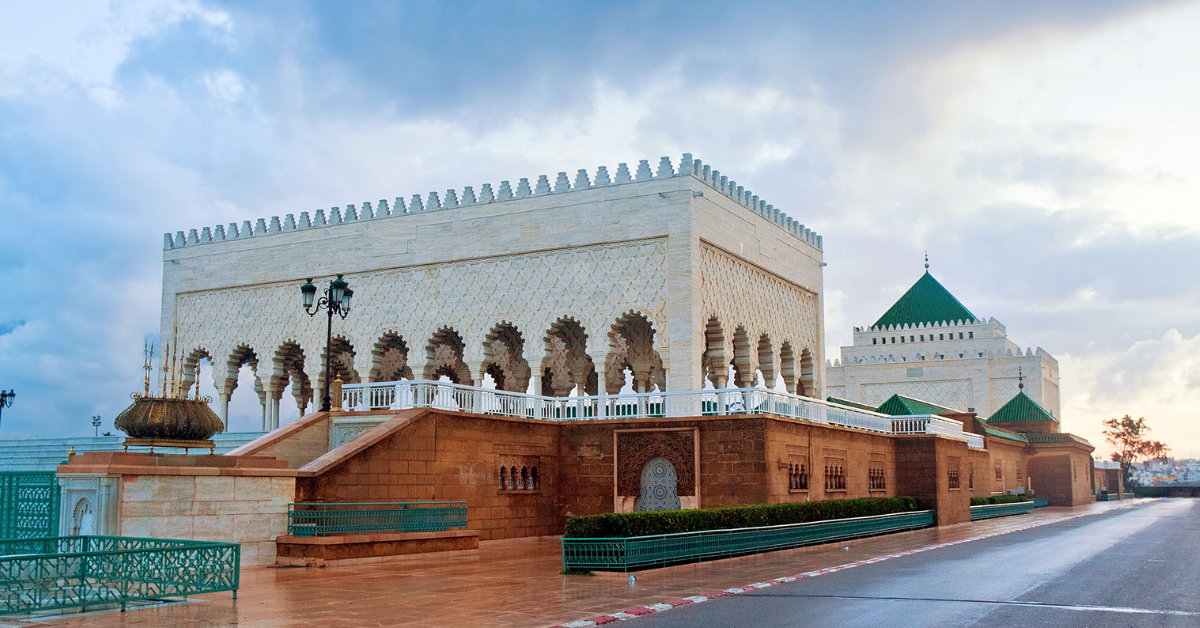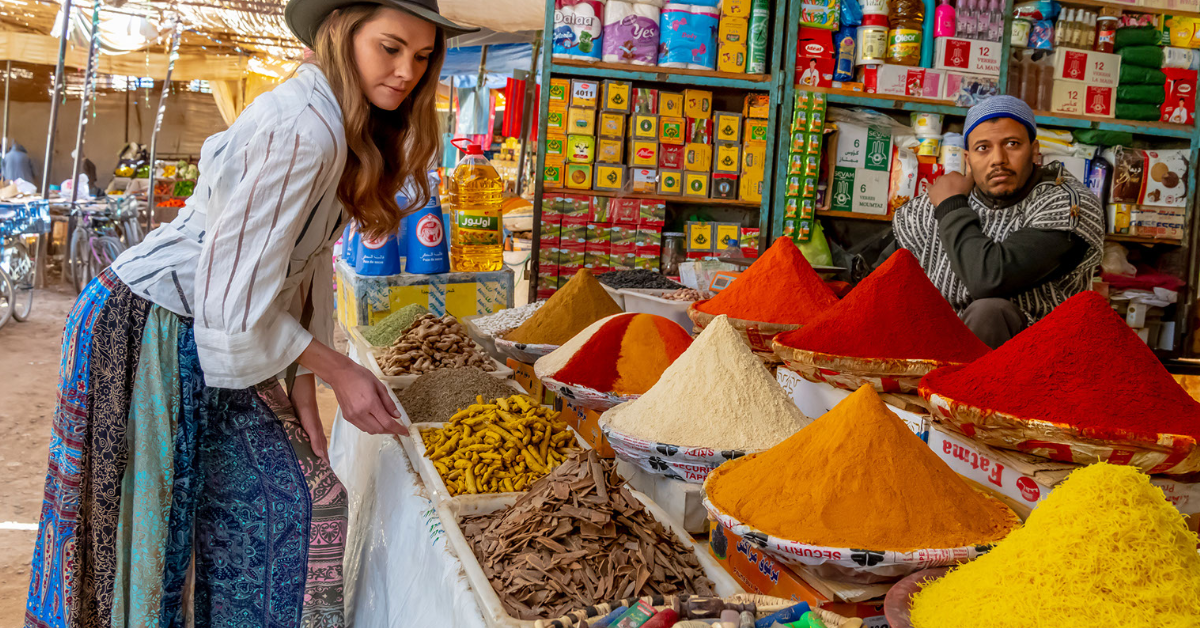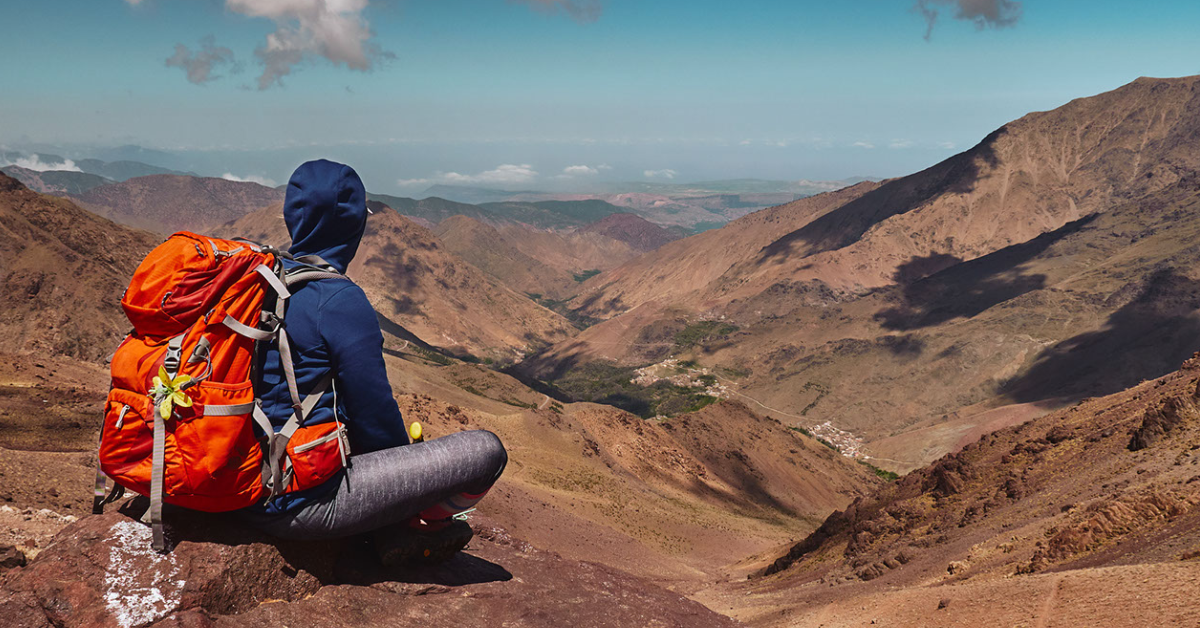Fes Morocco’s Timeless Medieval Gem and Cultural Heart
Fes Morocco’s Timeless Medieval Gem and Cultural Heart
Fes is the second largest city in Morocco, with a population of over 1.2 million people. Located in the north of the country, Fes is known for its rich history, vibrant culture, and stunning architecture. The city is divided into two main areas: the old city (Fes el Bali) and the new city (Fes el Jdid). Fes el Bali is home to the world-famous Fes Medina, a UNESCO World Heritage site, while Fes el Jdid is home to the Royal Palace and many modern amenities.
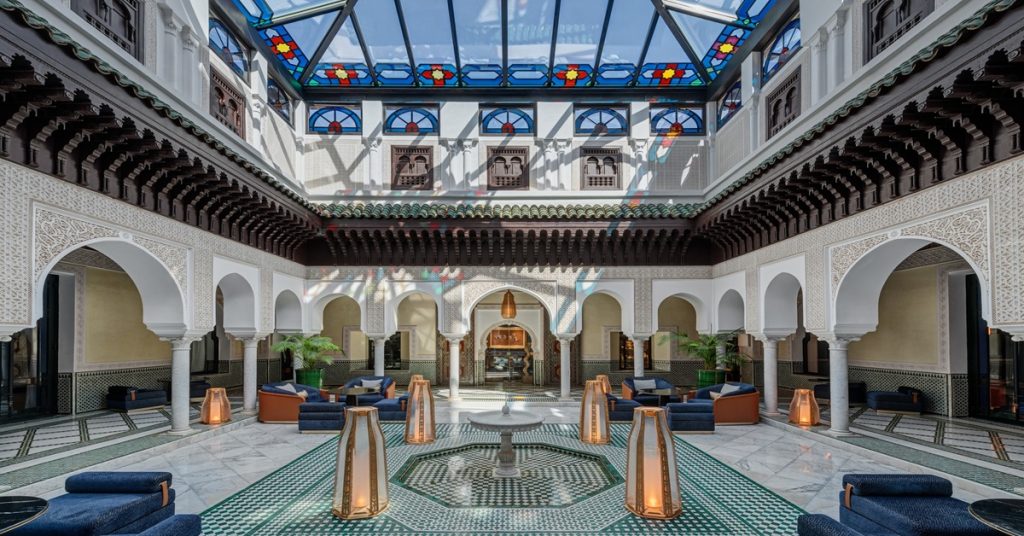
History of Fes:
Fes was founded in the 9th century by the Idrisid dynasty and quickly became an important center of trade and learning. In the 12th century, Fes was divided into three cities: Fes el Bali (the old city), Fes el Jdid (the new city), and Ville Nouvelle (the modern city). The Fes Medina, located in Fes el Bali, is the largest car-free urban area in the world and is home to over 9,000 narrow streets and alleys. The Fes Medina is also home to many historical landmarks, including the Al-Karaouine Mosque, the University of Al-Karaouine (the oldest continuously operating university in the world), and the Nejjarine Museum of Wood Arts and Crafts.
Culture of Fes:
Fes is known for its vibrant culture, which is reflected in its music, art, food, and festivals. The city is home to many cultural events, including the Fes Festival of World Sacred Music, the Fes Festival of Sufi Culture, and the Fes Festival of Andalusian Music. Fes is also home to several museums and cultural centers, including the Fes National Museum, the Museum of Moroccan Judaism, and the Fes Cultural Foundation.
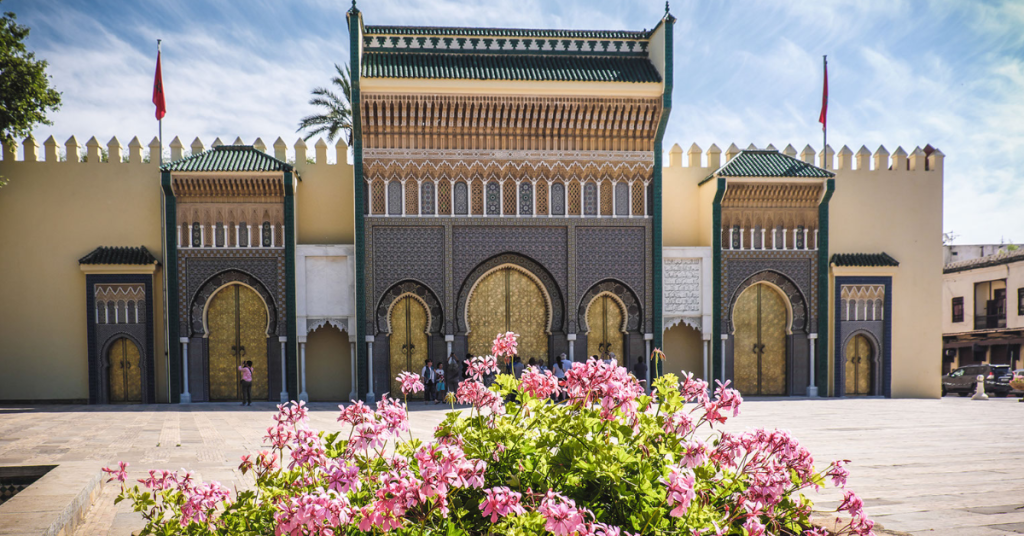
Activities in Fes | Experiences in Fes
Food in Fes:
Fes is known for its delicious cuisine, which is influenced by Moroccan, Andalusian, and Mediterranean flavors. Some popular dishes in Fes include tajine (a stew made with meat, vegetables, and spices), couscous (steamed semolina grains), and pastilla (a savory pastry filled with meat and spices). Fes is also home to several markets, including the souk (a traditional outdoor market) and the Central Market, where visitors can sample local specialties and purchase handmade crafts and souvenirs.
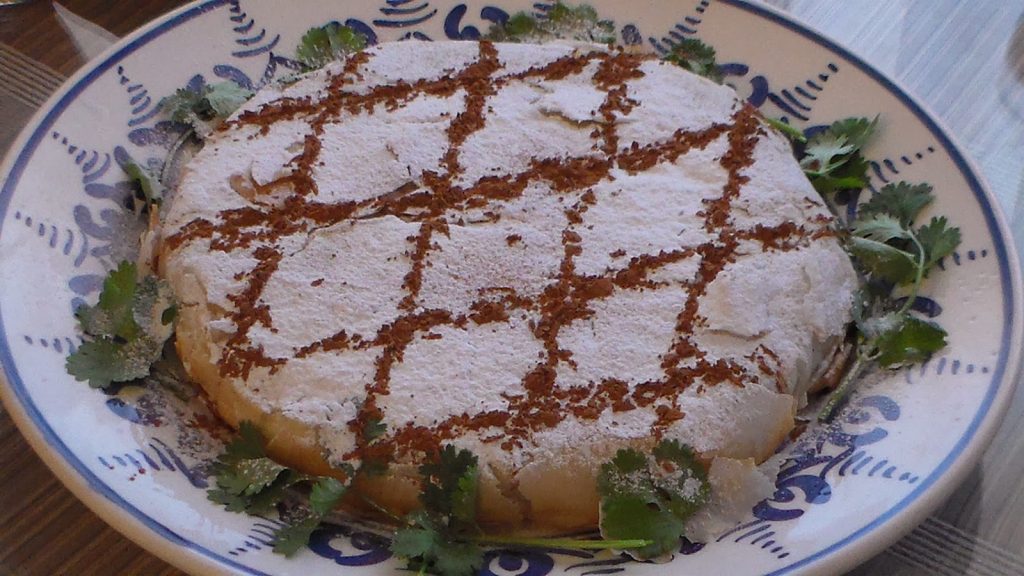
Moroccan Food Tour
Accommodation in Fes:
Fes offers a variety of accommodation options, including hotels, guesthouses, and riads (traditional Moroccan houses). Many of these accommodations are located within the Fes Medina, allowing visitors to fully immerse themselves in the city’s rich culture and history.
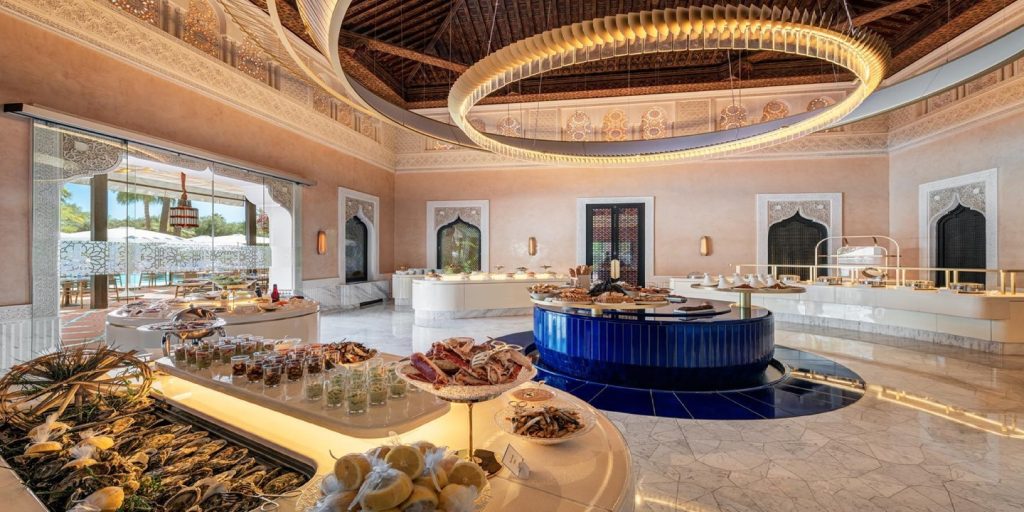
Fes, often referred to as the “spiritual and cultural capital of Morocco,” is one of the country’s most iconic cities. Founded in the 8th century by Idris I, Fes is renowned for its rich history, intricate architecture, and vibrant traditions. It is a UNESCO World Heritage Site and a living testament to medieval Islamic culture.
Key Features of Fes:
- Fes el-Bali (Old Medina):
The heart of the city and one of the most extensive and best-preserved medieval cities in the world. Its labyrinth of narrow alleys, bustling souks, and historical buildings offers an authentic experience of Moroccan life. Cars are not allowed, so transportation is by foot, donkey, or handcart. - Al-Qarawiyyin University:
Established in 859 AD by Fatima al-Fihri, it is recognized as the oldest continuously operating university in the world. It has played a vital role in the intellectual and spiritual development of the Islamic world. - Bou Inania Madrasa:
A stunning example of Marinid architecture, this 14th-century religious school is famous for its exquisite zellige tilework, carved wood, and stucco decoration. It also served as a mosque. - Chouara Tannery:
One of the city’s most famous landmarks, the tannery offers a glimpse into the ancient craft of leather production. The colorful dye pits create a visually striking scene and are a must-visit spot. - Dar Batha Museum:
Located in a 19th-century palace, this museum houses a rich collection of traditional Moroccan arts and crafts, including ceramics, wood carvings, and textiles. - Modern Fes (Ville Nouvelle):
Built during the French protectorate era, this part of the city offers a stark contrast to the medieval medina, with wide boulevards, modern cafes, and European-style architecture.
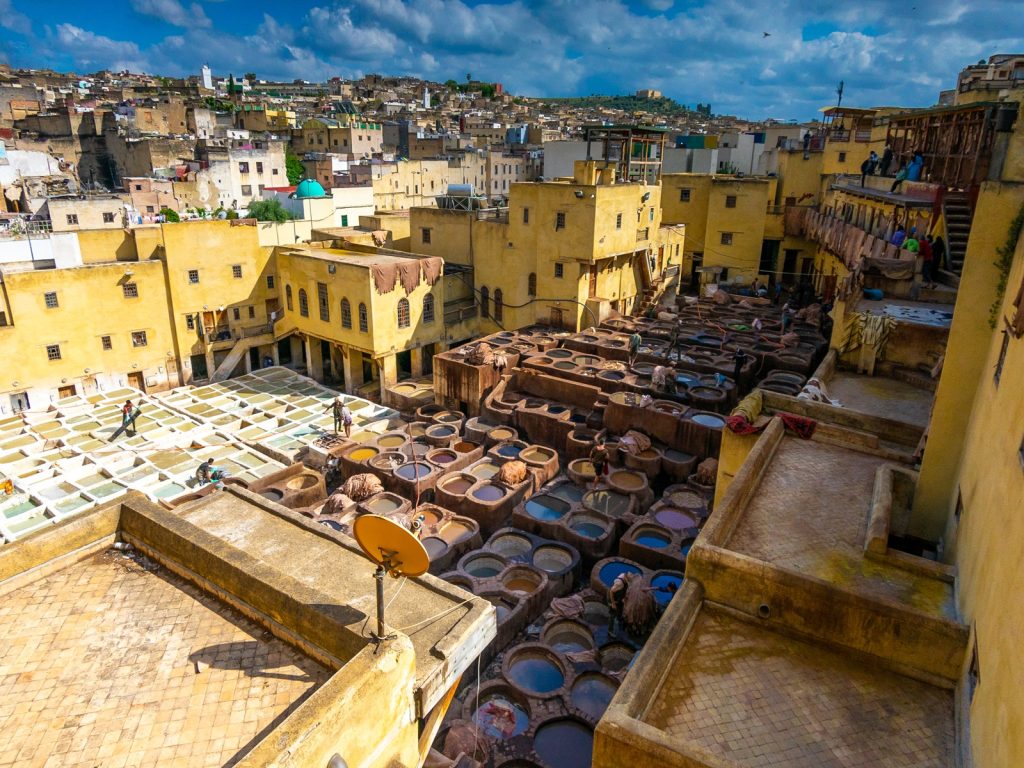
Wonder of Morocco with AFC Morocco Tours
Cultural Significance:
Fes is considered Morocco’s religious and intellectual center. Its medina is home to numerous mosques, madrasas, and Sufi sanctuaries, attracting pilgrims and scholars alike. The annual Fes Festival of World Sacred Music draws performers and audiences from around the globe.
Fes in Moroccan Tourism:
Fes is an essential stop on many Moroccan itineraries, particularly for travelers interested in history, architecture, and cultural experiences. Its proximity to Meknes, Volubilis, and the Middle Atlas Mountains makes it an excellent base for exploring the region.

